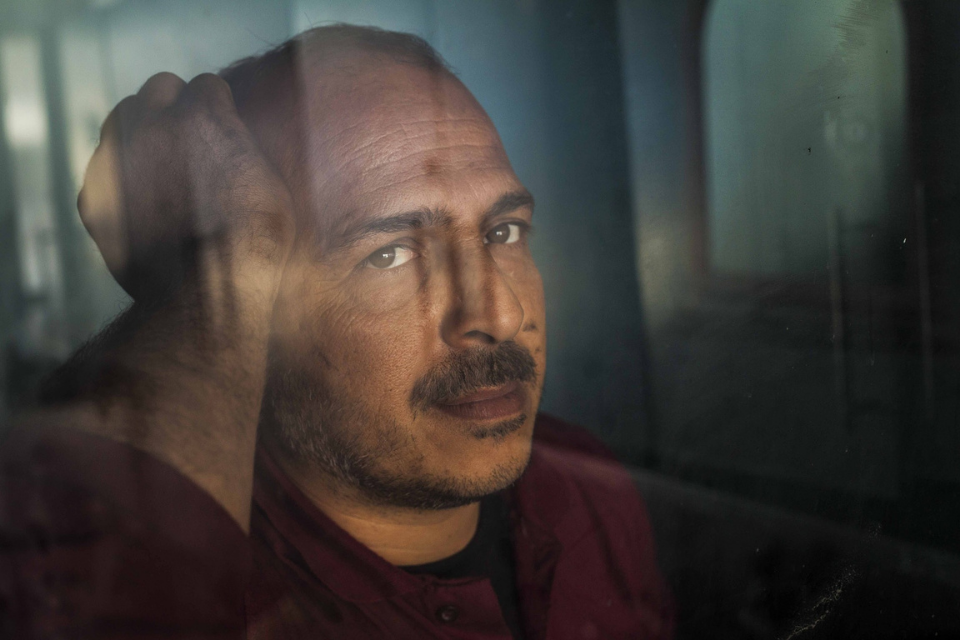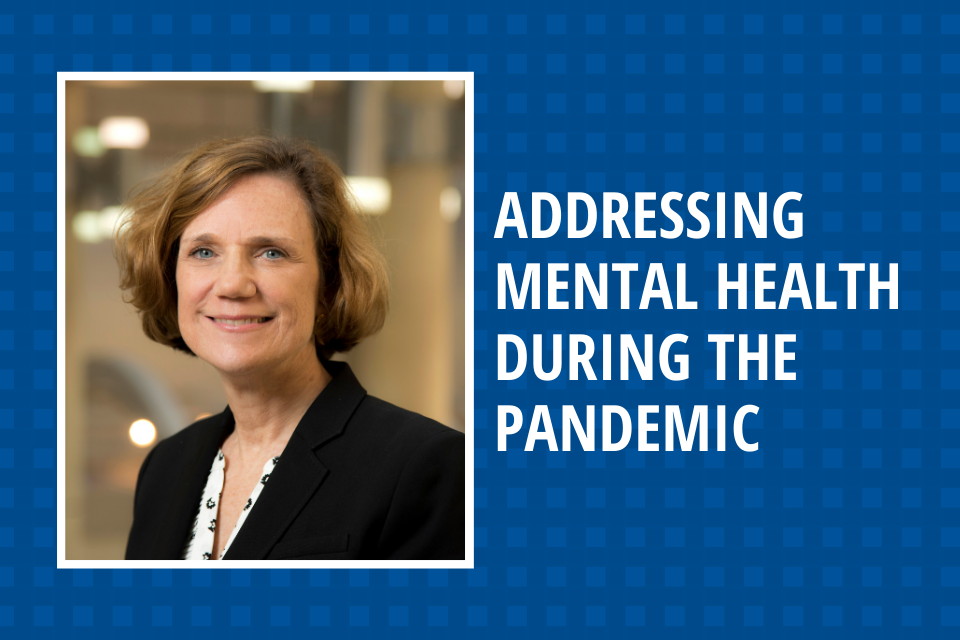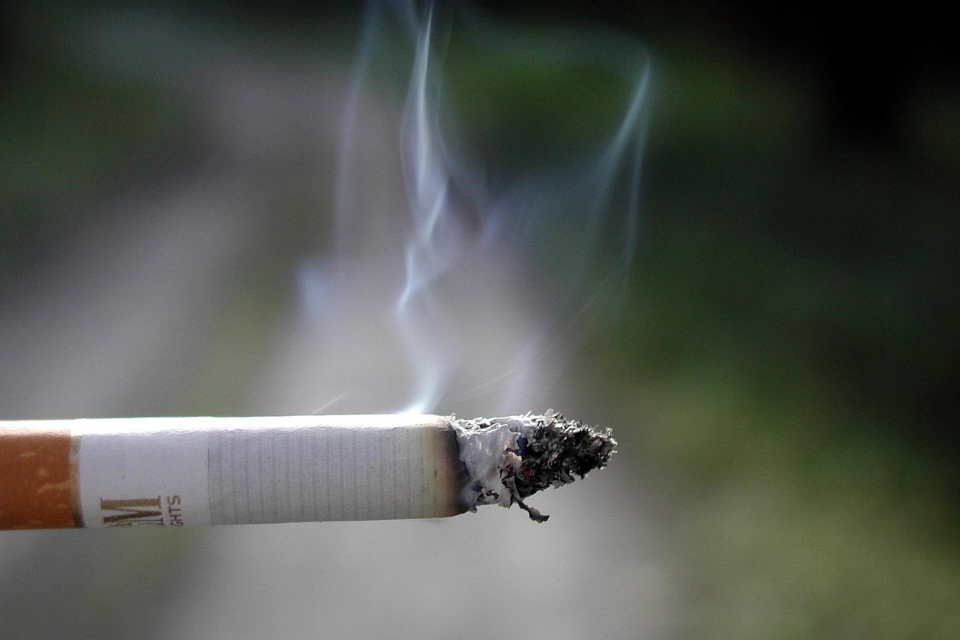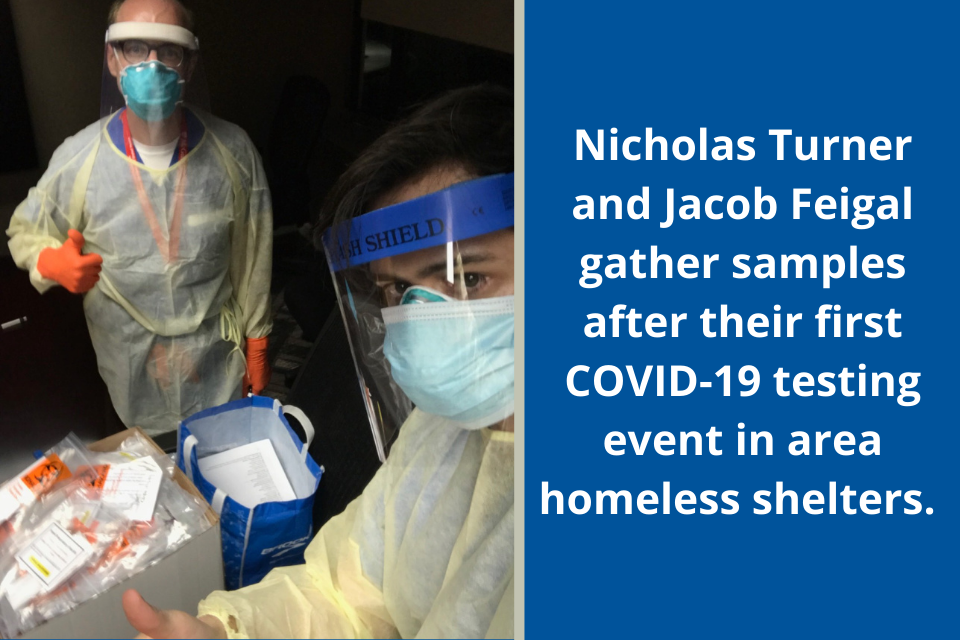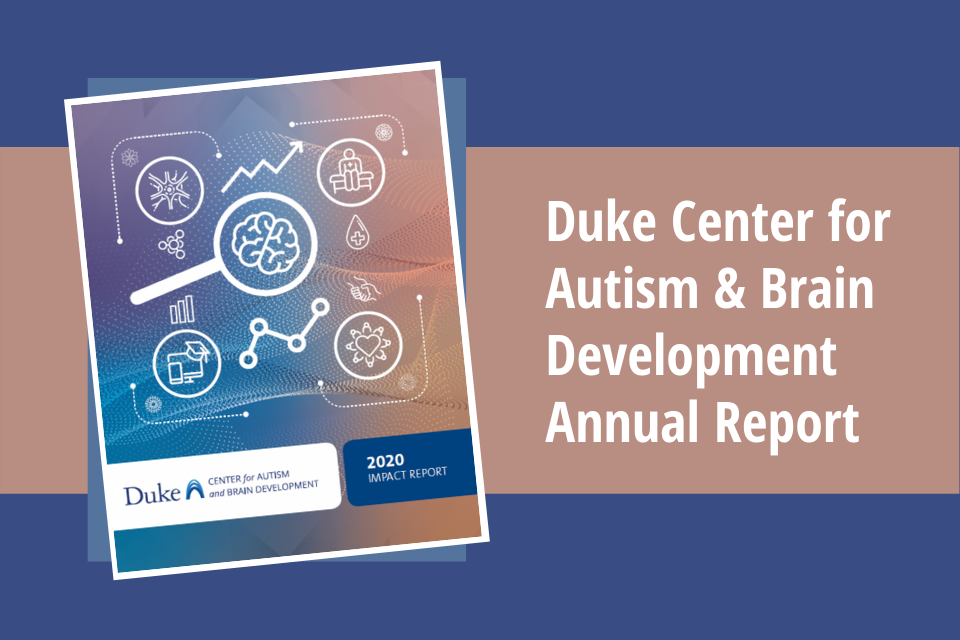Check out our news archive below to learn more about what’s happening in Duke Psychiatry & Behavioral Sciences!
Physician-Pharmacist Collaboration May Increase Adherence to Opioid Addiction Treatment
An NIH-supported pilot study led by Duke Psychiatry's Li-Tzy Wu, MA, DSC, found that a team-based approach may improve buprenorphine care.
Self-Controlled Children Tend to Be Healthier Middle-Aged Adults
Self-control, the ability to contain one’s own thoughts, feelings and behaviors, and to work toward goals with a plan, is one of the personality traits that makes a child ready for school. And, it turns out, ready for life as well.
A Lockdown Impacts Mental Health – But What Hurts and Helps People Get Through It?
A new study just published in PLOS ONE examines what hurts and what helps people in "lockdown," using data from across the world.
How to Make a Fresh Start in 2021
In this Duke Today article, a few Duke employees reflect on 2020 and look forward to their hopes and dreams for 2021. Clinical social worker Marquise Eloi offers some advice.
Psychiatry Chair Moira Rynn Discusses Mental Health with Dean Mary Klotman
Psychiatry & Behavioral Sciences chair Moira Rynn, MD, discusses some of the most common mental health challenges people are facing during the pandemic and shares strategies and resources.
Light Smokers May Not Escape Nicotine Addiction, Study Reveals
Even people who consider themselves to be casual cigarette smokers may be addicted, according to current diagnostic criteria.
Duke Faculty & Residents Respond to COVID-19 among People without Housing
Since March, Jacob Feigal, MD, and Nicholas Turner, MD, MHSc, have been collaborating with city and county stakeholders to mitigate the impact of COVID-19 among individuals suffering from homelessness.
A Life Worth Living: Suicide Prevention
Duke psychologists are employing the “SAFETY-Acute” intervention for adolescents and young adults who are experiencing suicidal thoughts and behaviors to help them cope with their feelings and stay safe when they are in distress.
Three Duke Psychiatry Faculty among Most Cited Researchers
Three faculty members from the Department of Psychiatry & Behavioral Sciences are among the 37 Duke faculty members featured on the annual Clarivate list of “Most Highly Cited Researchers.”
Duke Center for Autism & Brain Development Releases Annual Report
The Duke Center for Autism & Brain Development recently published their 2020 Annual Report.


